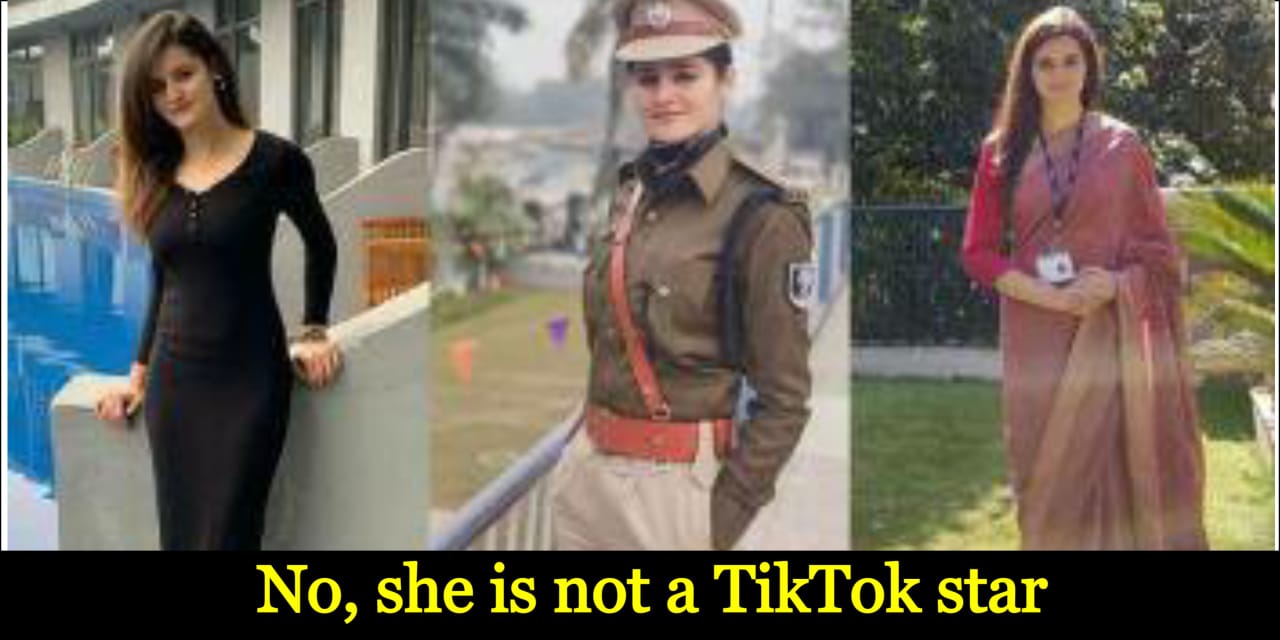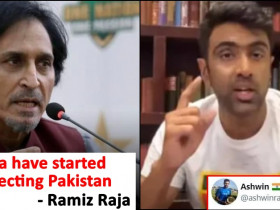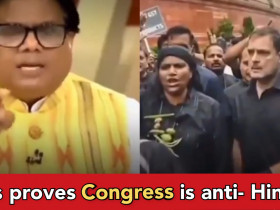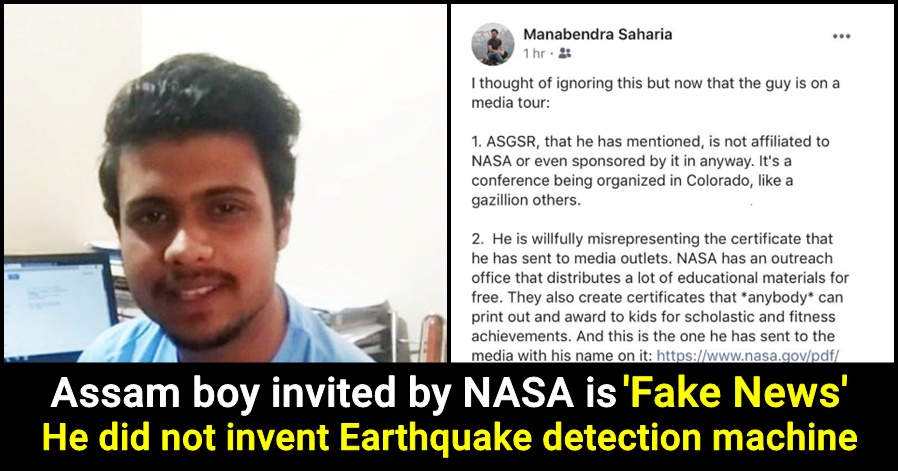No products in the cart.
Shame On Indian System, Man who cracked IAS exams, yet given Railway job- read full story
You all must have heard the English proverb, “where there is a will, there is a way”, but this blind man in Haryana is living proof of the idiom.
Ambitious people never give up on dreams, come what may. In a competitive world, where people sweat it out to give absolutely everything to crack the exam, only very few have touched the pinnacle of success. Ever heard the story of how a 100 per cent visually impaired man went on to crack the IAS exam?
“My prolonged illness took away my eyesight forever. But it was not my biggest challenge,” says Ajit Kumar Yadav.
Even after securing a rank of 208 among 791 successful candidates in the Civil Services examination, Ajit was denied an IAS appointment due to his blindness. But he was not deterred by this. He fought a three-year legal struggle to get his rightful place.
Yadav had appeared for the civil services exam in 2008 and secured 208 rank out of 791. He deserved the prestigious IAS post but he was instead offered a seat in Indian Railway Personnel Service. He fought back, filing a case against the discrimination.
Ajit lost his vision completely at the tender age of five after suffering from acute diarrhoea. But he went on to complete his schooling from Springdale School in New Delhi. “In spite of being differently-abled my confidence was always high and I never get bogged down when faced with any difficulty. I always stood first in class,” shares Ajit.
Ajit had no access to computers in the 1990s and only few technical aids were there. Braille books were available on very limited topics. Immediately after completing his Master’s in Political Science from Ramjas College, Delhi University, Ajit began teaching at a government school in Haryana. Then he cleared UGC NET-JRF and joined Shyamlal College of Delhi University as Assistant Professor.
“I never took my blindness as a physical challenge but society has a different thinking about a person who is physically handicapped. In the college lectureship interview I was asked how I will manage students in class. I proved those doubts wrong when students used to come even on Sundays to attend my classes!” he shares. “One day in 2005, I heard the Prime Minister say that the doors of IAS must be opened to visually impaired citizens. That very moment I realised what I wanted to do with my life,” says Ajit.








